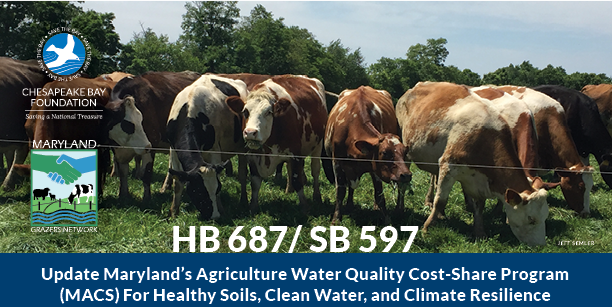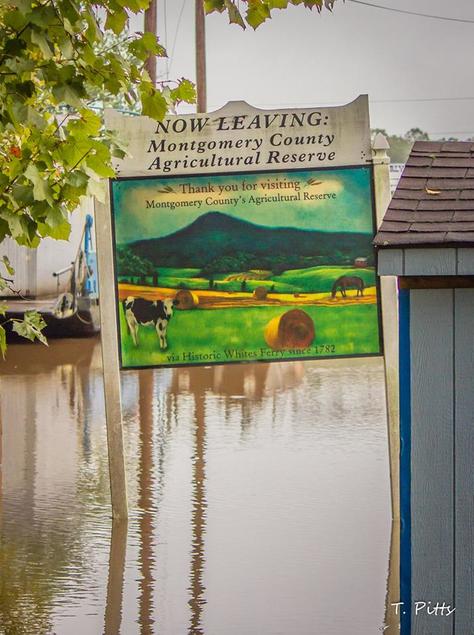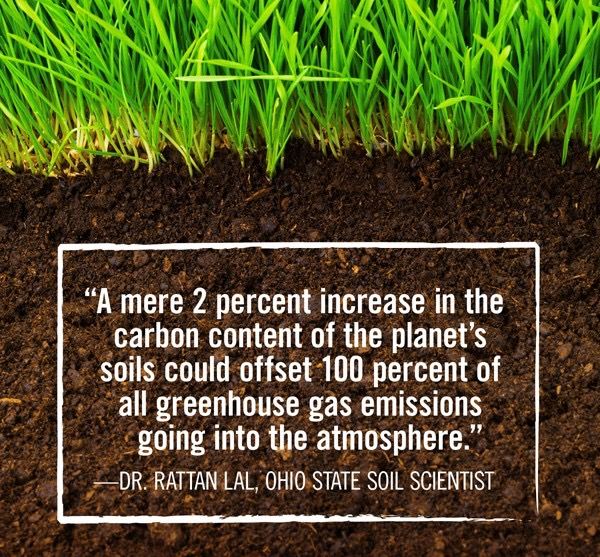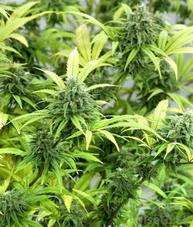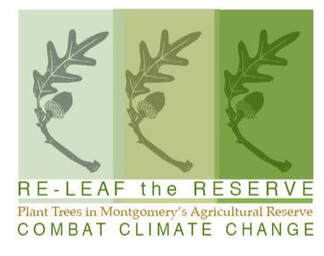This just in from our colleagues at Future Harvest and Chesapeake Bay Foundation. MCA is committed to the promotion of Regenerative Agriculture (wait, what is Regenerative Agriculture?) in Montgomery County and beyond but for these practices to take root on a large scale they need proper funding. Please take action to support HB 687/SB 597 (read more below). Visit our friends at Fair Farms to take action on 2 other bills that would get more local food into state institutions (HB1488/SB985) and create a grant fund to encourage healthy soil practices. (HB1176)
Maryland has already set the standard in cover crops, now it’s time to do the same for regenerative agriculture by adding best practices to our portfolio that filter water and build healthy soil.
From 2010 to 2018, the state reduced nitrogen pollution from farms by 1.6 million pounds, but will need to reduce an additional 4.6 million pounds to meet 2025 goals for the agriculture sector in the Chesapeake Clean Water Blueprint.
Maryland spends approximately $30 million per year for conservation measures on farms. About 80% of these funds pay for “annual” management practices while payments for cost-effective, longer-term practices like pastures and forest buffers are drastically reduced. Farmers interested in these soil- and climate-friendly projects deserve reliable and equitable access to state cost-share assistance.
WHAT WILL HOUSE BILL 687/ SENATE BILL 597 DO?
Equitable funding for rotational grazing, stream buffers, wetlands and trees.
While farmers can receive funding for these practices, the one-time payment is reduced to nearly half ($50/acre) of what the state pays year after year for cover crops ($80/acre). The federal Environmental Quality Incentives Program (EQIP) pays farmers $325/acre for pasture establishment. With this bill, rotational grazing will receive payments similar to EQIP and—for the first time—farmers will be eligible to receive funds for fencing and water systems when converting row crop fields to pasture.
No cost-share subsidies for new or expanding confined animal feeding operations (CAFOs).
The MACS program ran out of funding in 2016 and 2017 due to a building boom for new and expanding poultry operations. These poultry “start ups” spent about $4M in MACS funding, depleting funds needed to keep cattle out of streams. Meanwhile, Maryland’s CREP funds ran dry, freezing a farmer’s main tool to plant forested stream buffers. Under this bill, like the federal EQIP, state cost-share funds would be reserved to address pre-existing resource concerns.
No more penalties for farmers planting mixed cover crop species.
Maryland provides cost-share when farmers plant a mix of cover crop species, which are critical for soil health. But the State pays a reduced amount for planting these mixes. In 2019, the program paid $10 more per acre for a 100% monoculture of rye. This Bill would eliminate the penalty for producers adding diversity to their cover crop mixes.
WHAT CAN YOU DO? SPEAK UP!
Attend the hearings on February 25, 2020. For more information please contact Rob Schnabel at 443-482-2175 or [email protected]
Use this form to contact your legislator. If you want equitable funding for regenerative agriculture practices, legislators need to hear from you! Regenerative agriculture builds healthy soils and provides ecosystem benefits to communities by sequestering carbon, reducing flooding and making farms more resilient during times of drought. Groups have been pushing Maryland Department of Agriculture for this change for years and this Bill will not pass without your support. Please contact your State Delegate and State Senator if you support this initiative.
For more information about HB 687/ SB 597 contact Rob Schnabel at 443-482-2175 or [email protected]. To help advocate contact Anna Mudd at 410-268-8816 or [email protected]

